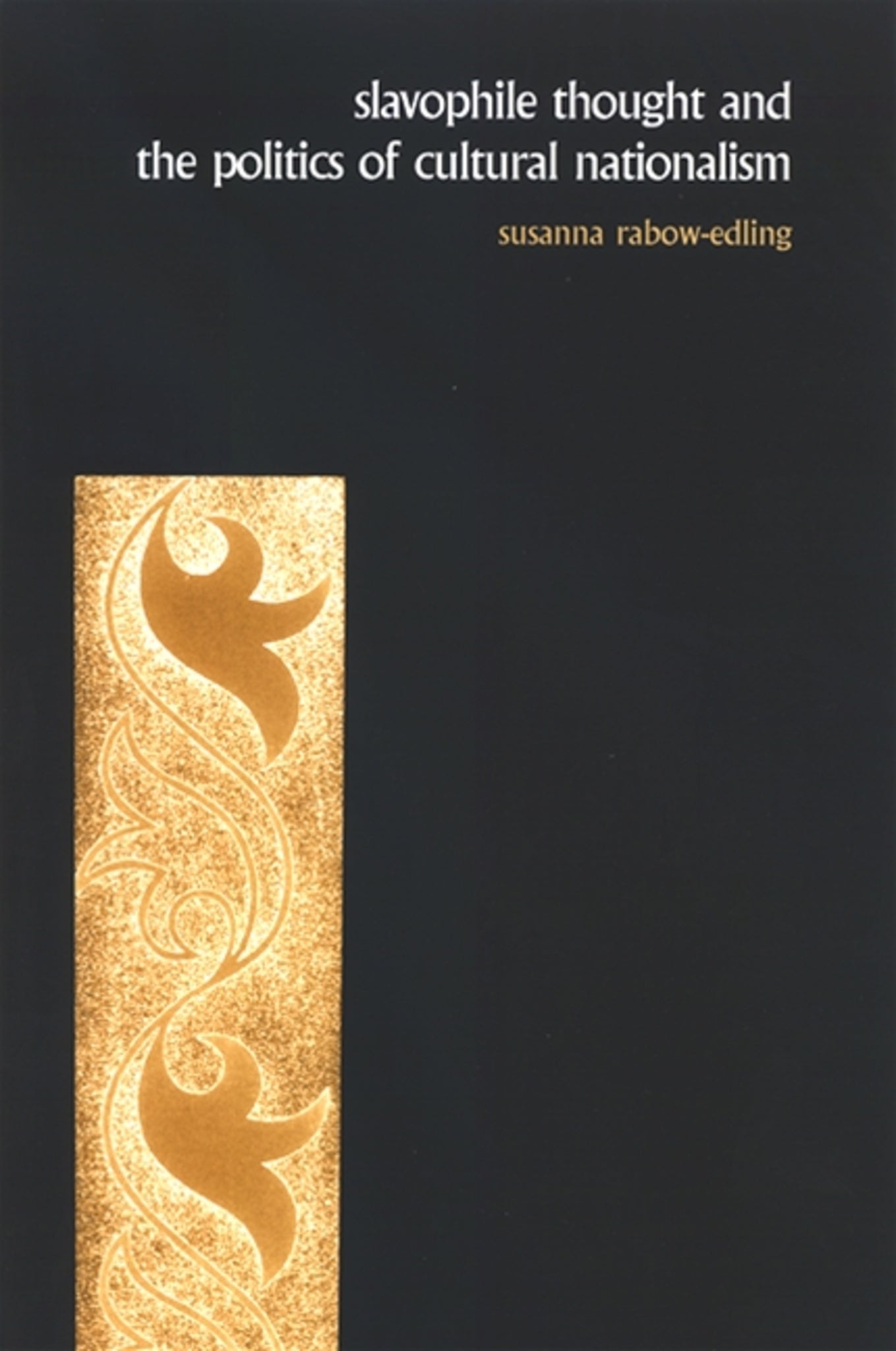We're sorry. An error has occurred
Please cancel or retry.
Slavophile Thought and the Politics of Cultural Nationalism

Some error occured while loading the Quick View. Please close the Quick View and try reloading the page.
Couldn't load pickup availability
- Format:
-
13 July 2006

Examines the origins of Russian nationalism and its relationship to the West.
Susanna Rabow-Edling examines the first theory of the Russian nation, formulated by the Slavophiles in the second quarter of the nineteenth century, and its relationship to the West. Using cultural nationalism as a tool for understanding Slavophile thinking, she argues that a Russian national identity was not shaped in opposition to Europe in order to separate Russia from the West. Rather, it originated as an attempt to counter the feeling of cultural backwardness among Russian intellectuals by making it possible for Russian culture to assume a leading role in the universal progress of humanity. This reinterpretation of Slavophile ideas about the Russian nation offers a more complex image of the role of Europe and the West in shaping a Russian national identity.


Contents
Acknowledgment
Introduction
1. A Dual Crisis of Identity
2. The Problem of Imitation
3. Conceptions of the Nation
4. The Russian Enlightenment and the Westernizers
5. The Slavophile Notion of a Russian Enlightenment
6. Cultural Nationalism as a Project for Social Change
7. The Slavophile Project for Social Change
Conclusion
Notes
Bibliography
Index



